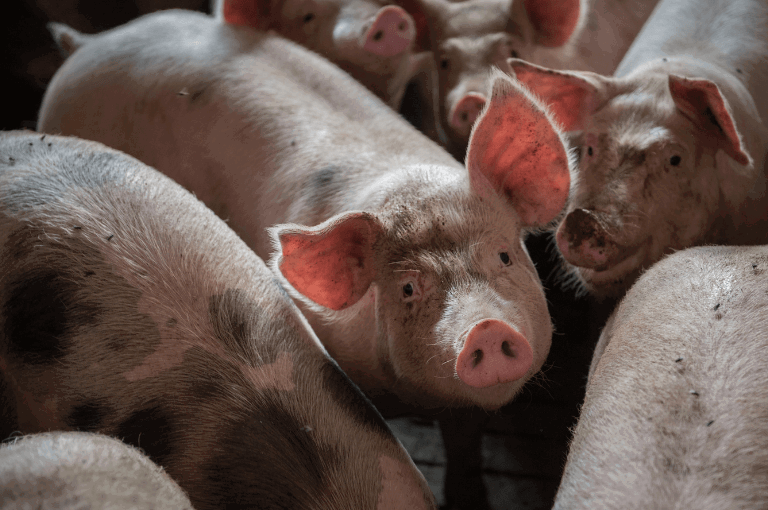Published 8/9/2019
The United Nations Intergovernmental Panel on Climate Change (UN IPCC) released a new special report on Climate Change and Land yesterday calling for a complete transformation of global agriculture. Written by 107 leading scientists from 52 countries, the report directly addresses concerns and potential solutions for the growing role that industrial agriculture and factory farming play in the climate crisis—sentiments echoed by Compassion in World Farming.
According to the report, the global food system is responsible for 21-37% of global greenhouse gas emissions (GHGs) and is expected to rise in the coming decades, making a worldwide shift paramount to stave off the most dangerous consequences of climate change.
Specifically, the report identifies a need for blanket increases in overall forestry, government investment in sustainable agriculture practices (like minimal tilling, cover-cropping, and agroforestry), reductions in total food waste, and global transitions to plant-based diets.
Authors note the vast potential of dietary change is not to be underestimated:
Balanced diets, featuring plant-based foods, such as those based on coarse grains, legumes, fruits and vegetables, nuts and seeds, and animal-sourced food produced in resilient, sustainable and low-GHG emission systems, present major opportunities for adaptation and mitigation...
According to the report, a global shift toward plant-based diets could reduce GHGs of the entire agriculture, forestry, and land-use sector by up to 88% (mitigation of up to 8 GtCO2eq yr-1 from total of 12.0 ± 2.9 GtCO2eq yr-1)—making it one of the most effective strategies to combat the climate crisis.
This profound impact is due in part to the many serious environmental disruptions caused by factory farms. The industrialization of animal agriculture has withdrawn animals from pasture and created an unhealthy reliance on high-energy feed (mainly soy and maize). The sheer amount of feed needed to sustain current production of meat, dairy, and eggs has triggered mass deforestation around the globe—releasing stored carbon, eroding our soils, and degrading our lands. And with meat consumption on the rise, methane and nitrous oxide emission have surged, which warm the planet far more than carbon dioxide.
UN researchers propose cutting out the animal middleman and feeding these crops directly to people would not only have significant climate benefits, but is in fact necessary to meet the goals set forth by the Paris Agreement.
The bottom line? Plant-based proteins require less land, fresh water, and energy; emit fewer GHGs per gram of protein, and provide greater potential for food waste reductions—in addition to carrying significant benefits for human health and animal welfare.
The UN IPCC has said loud and clear that it’s time to #EatPlantsForAChange to maintain food security, protect vital resources and ecosystems, and minimize human and non-human suffering, and Compassion whole-heartedly agrees; the world now needs to take action.
Join the movement at plantsforachange.com.
